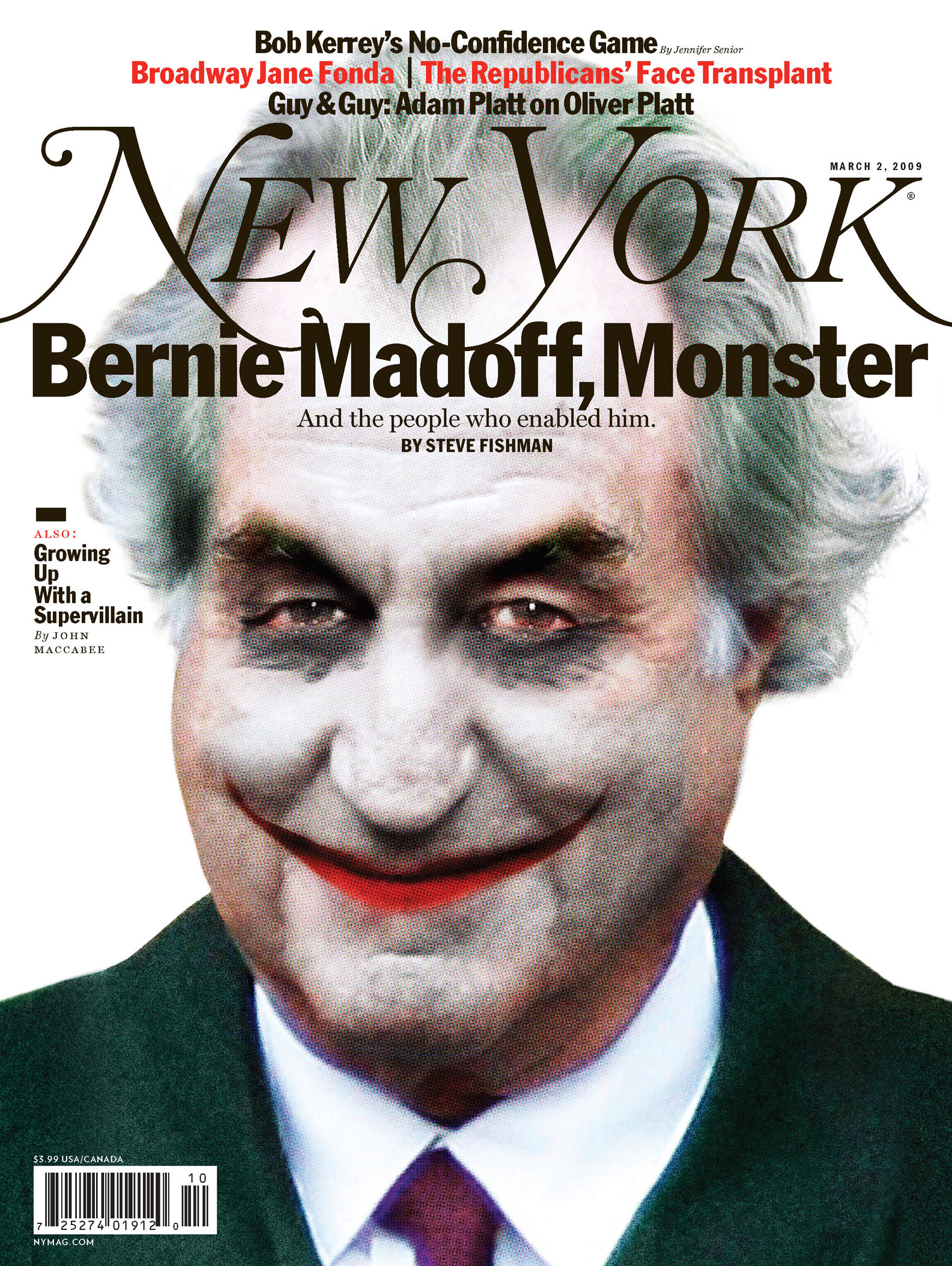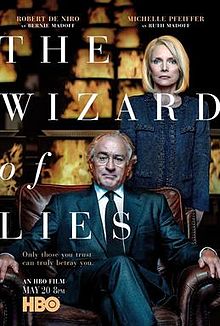With the first Noireland Festival taking place in Belfast this weekend, I thought for this Northern Review I’d look at a crime story. But maybe not the sort you might think.
In 2008, as the global financial crisis unfolded, the previously-respected Wall Street financier Bernard Madoff was charged with multiple counts of fraud after conning thousands of investors out of multiple billions of dollars in a Ponzi scheme he’d been running for decades.
Madoff’s downfall was all the more shocking because he had been a pillar of the Wall Street establishment – the pillar’s pillar, in fact – as the former non-excutive chairman of the Nasdaq stock market as well as a member of the board of governors of the National Association of Securities Dealers. So his fall, and the sheer scale of his losses, together with the implications for the institutions that should have been in a position to prevent it from happening, was genuinely stunning, even with everything else that was going on in the financial world at the time.
There has been plenty of intellectual thumb-sucking in the business press over in the past week or so, surrounding the 30-year anniversary of Black Monday and possible similarities to the current situation in the markets, so being reminded of what can happen when things go wrong can always prove timely, if ultimately ineffective.
The Wizard of Lies is an HBO movie based on the book by the same name by Diana Henriques, the veteran New York Times business writer. (Henriques, who portrays herself interviewing Madoff, played by Robert deNiro, in jail at the beginning of the movie, also has a new book out on that Black Monday anniversary we mentioned).
It’s directed by Barry Levinson, whose Wag The Dog (also starring DeNiro) was little short of a stroke of genius in its parody of modern-day political manipulation.
The best crime stories are the ones where there’s a twist or something that we didn’t see coming. And since the story has been told many times in the past decade, there’s really not much factually new we learn from this re-telling; but where it scores is in the portrayal of the family dynamic surrounding the crime – who knew what and how did they deal with the inevitable guilt.
 The Wizard of Lies was first released back in the summer but I only just caught up with it on my most recent trip to the US. I was working in New York at the time the scandal broke and remember well the ever-escalating coverage – in both the tabloids and the more cerebral business press – and how Madoff deservedly became the poster child for everything that was wrong with capitalism.
The Wizard of Lies was first released back in the summer but I only just caught up with it on my most recent trip to the US. I was working in New York at the time the scandal broke and remember well the ever-escalating coverage – in both the tabloids and the more cerebral business press – and how Madoff deservedly became the poster child for everything that was wrong with capitalism.
Simon Abrams in The Guardian didn’t seem to think much of the movie, calling it “a toothless and psychologically simplistic tragedy” and “offensively trite.”
But I’m really not sure Levinson is actually asking us to revise our initial disgust at Madoff’s crimes, or to sympathize with him in any way. For me it paints him as cold, calculating, selfish, aloof – all the things we read he was as the details of the case unfolded at the time.
Where there might be any sympathy to be garnered from the audience, it’s reserved for Madoff’s sons, Mark and Andrew, the tragic figures in the drama whose memory will always be dogged by suspicion of the extent of their knowledge. As the family implodes, DeNiro does a good job in keeping the low-key yet central emphasis on Madoff and the almost two-dimensional coldness of his demeanor as his world – and that of his victims – collapses.
Where I agree with Abrams is about the almost peripheral treatment of Madoff’s victims – reinforcing the idea, perhaps, that there are countless faceless investors who are daily at the mercy of people in whom they’ve placed their trust, along with their significant fortunes. And if they couldn’t trust an establishment figure like Madoff, who, as they say, could they trust? Yet you’re still left wondering if the anger of the investors is in part driven by their own realization that the returns were simply too good to be true?
So, even though this movie has been around under the radar for few months, it’s certainly worth seeking out for DeNiro’s performance and for some backstory on one of the business world’s most scarring events.
It’s perhaps even worth watching along with what is probably the best recent true-life “money movie”, The Big Short, based on Michael Lewis’s gripping account of the sub-prime mortgage crash and the threat to the global financial system.
And if you’re down for an evening’s binge-watching, I might even suggest combining those with another outrageous true story, The Wolf of Wall Street (directed by DeNiro’s pal Martin Scorsese), or for some fictional context, Oliver Stone’s Wall Street; and maybe some light relief in The Bonfire of the Vanities or the daddy of them all, Trading Places.
But when it comes to the crimes of the rich, there’s probably only so much – true or not – anyone can take.
 The Wizard of Lies (2017) originally aired on HBO. It is available on Blu Ray/DVD, and can be streamed on Amazon Prime.
The Wizard of Lies (2017) originally aired on HBO. It is available on Blu Ray/DVD, and can be streamed on Amazon Prime.
Also published on Medium.
